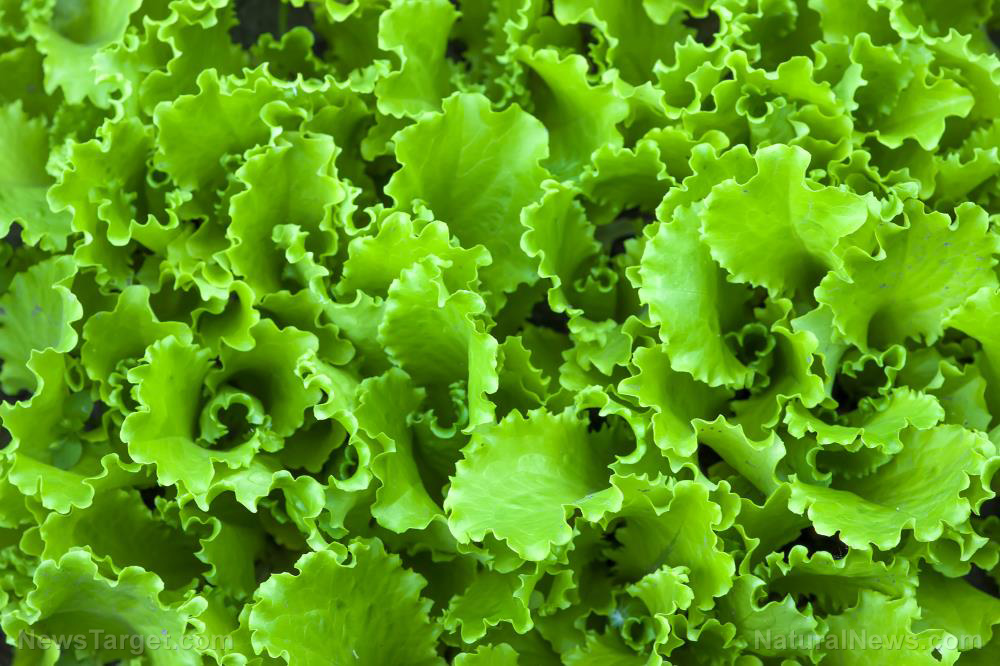
Advertisement
Here’s a secret to healthy aging: Eat more green leafy vegetables.
That’s according to researchers from the University of Illinois at Urbana-Champaign and the University of Georgia, who found that lutein, an antioxidant found in leafy greens, may protect against cognitive aging.
The researchers arrived at this finding after measuring the levels of lutein in the study participants’ eyes. Lutein accumulates in brain tissues, as well as in the eyes. This allows researchers to easily measure lutein levels.
The researchers wanted to know whether people with high lutein levels differed from people with low lutein levels when it comes to brain aging.
Lutein can help counter cognitive aging
Lutein belongs to a group of plant pigments called carotenoids. It’s one of two carotenoids found in our eyes. Lutein is thought to function as a light filter, protecting our eyes from sunlight damage. Our bodies don’t naturally create lutein, so we need to get it from certain foods, such as leafy greens, peas and squash.
In the brain, lutein is thought to protect against free radical damage, which may trigger or worsen cognitive aging. The researchers wanted to understand how diet affects cognition and whether lutein can protect against cognitive decline. To that end, they gathered 60 adults between the ages of 25 and 45 and measured lutein levels in their eyes. To do so, they asked the participants to look into a scope and respond to a flickering light.
The researchers then attached electrodes to the participants’ scalps and had them perform a task that tested attention. This allowed the researchers to analyze neural activity in their brains, which is linked to cognition.
The results showed that older participants with high levels of lutein had neural responses that were more on par with younger participants than with their peers with lower levels of lutein.
Moreover, those with high levels of lutein were able to engage more cognitive resources to complete the task that tested attention. Overall, the findings indicate that lutein has a protective role against cognitive decline.
While the study focused on attention, the researchers said they would also like to examine the effects of lutein on learning and memory in the future.
Foods high in lutein
Mild changes in brain function are considered a normal part of aging. These changes are usually subtle and don’t really lead to confusion and memory loss, both of which are markers of more serious brain disorders.
In some people, the process of cognitive aging may start earlier than expected due to things like poor diet or alcohol use. Fortunately, as the study showed, lutein can do something about that. As such, it’s important to eat lutein-rich foods every day as part of a healthy, well-balanced diet.
Listed below are foods high in lutein. Consider incorporating them into your diet if you haven’t already.
- Kale – Kale contains about six milligrams (mg) of lutein per cooked cup. Aside from lutein, kale is also rich in vitamins A, C and K, as well as beta-carotene, another carotenoid.
- Spinach – Spinach contains about 20 mg of lutein per cooked cup, as well as vitamins A, C and K.
- Swiss chard – One cup of cooked Swiss chard contains just over 19 mg of lutein. This vegetable is packed with calcium, iron and potassium as well.
- Green peas – Green peas contain about four mg of lutein per cup. They’re also a great source of iron, zinc and potassium.
- Arugula – Arugula, also commonly known as rocket, is yet another leafy vegetable rich in lutein. One cup of cooked arugula contains about 711 micrograms (mcg).
- Brussels sprouts – Crunchy, nutty Brussels sprouts are a good source of lutein at 2,012 mcg per cup. Brussels sprouts are also high in dietary fiber.
- Pumpkin – Pumpkin is super rich in lutein, containing over 2,400 mcg per cooked cup.
- Eggs – A single egg contains about 251 mcg of lutein, which is mainly found in the yolk. Eggs give you protein as well.
- Sweet potatoes – A 100-gram serving of sweet potatoes contains about 1,050 mcg. These spuds also offer vitamin A, beta-carotene and potassium.
- Asparagus – Asparagus contains 1,388 mcg per cooked cup. This stalky vegetable is also rich in fiber, phosphorus and magnesium.
Lutein is a powerful antioxidant that can help protect against cognitive decline. For healthy aging, eat lutein-rich foods like leafy greens and legumes every day as part of a healthy, well-balanced diet.
Sources:
Advertisements







